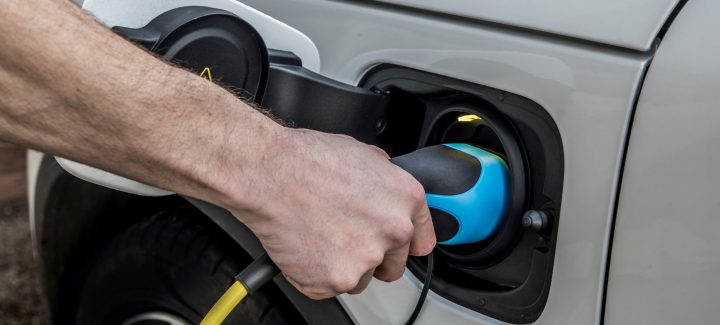New in-depth research has highlighted that in order to encourage the mass take up of electric vehicles and avoid future misrepresentation of information to consumers, the motor industry must act now to improve the accuracy of on-board predictions of how far they can travel on a single charge.
Multiple studies from the world’s leading range prediction specialist, Spark EV Technology, have revealed that on-board estimations of range provided by some EVs on the roads today can be more than 100 per cent inaccurate. Furthermore, more than half (58 per cent) of UK motorists have a lack of trust in vehicle brands as a result of the emissions scandal underlining the importance and need for accurate information on range.
Breakthrough machine learning and AI technology is now available, which analyses multiple data parameters on, as well as off the vehicle, such as the weather and traffic conditions, to provide highly accurate range predictions which are bespoke to the vehicle and the driver.
|
Experts are warning the industry must act now to rectify this in order to encourage more people to go electric and avoid further distrust with consumers. Professor James Marco from WMG, the University of Warwick, said: “We have just nine years untilthe ban on sales of new petrol and diesel vehicles in the UK. The industry knows that it needs to ensure we make range anxiety a thing of the past. Electric vehicles need to provide correct and trustworthy information about how far people can drive before they need to be charged. Otherwise people’s trust in the technology and consumer acceptance of EVs will be compromised.” As part of its research, Spark EV Technology commissioned a targeted survey of a thousand motorists who currently drive a petrol or diesel vehicle. The study revealed that around two thirds (64 per cent) of UK motorists said that having accurate and reliable information about how far they could travel before they needed to re-charge was an essential factor when choosing an electric vehicle. Just over half (51 per cent) said that concerns around the range of EVs was the reason they haven’t yet made the switch to electric, while the biggest reason for not yet switching to an EV remains the initial cost. |
In a recent response to complaints from Which? the car makers said the distance test was an international standard set in laboratories which may not reflect real driving situations and vehicle use. The number of battery electric vehicles (‘BEVs’) in private hands in the UK rose by nearly 30,000 in the 12 months to September 2020, an increase of 53% on the year before, with more than a third of these (36%) in London and the South East of England, RAC analysis of the latest official Government data shows. The increases mean that almost exactly half of all BEVs in the UK – 86,130 vehicles – were licensed by private individuals as of the end of the third quarter of 2020, with the remainder of 86,387 vehicles licensed by companies. |


